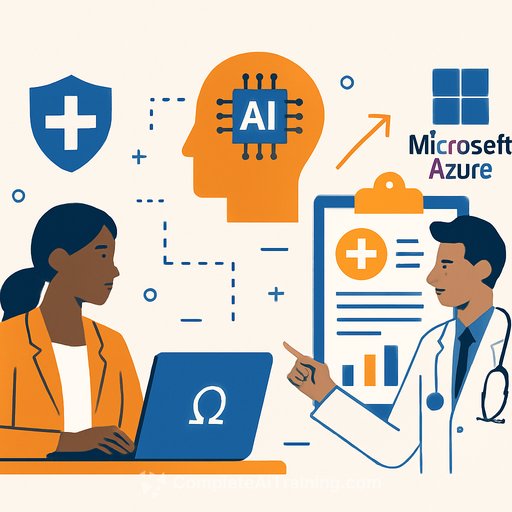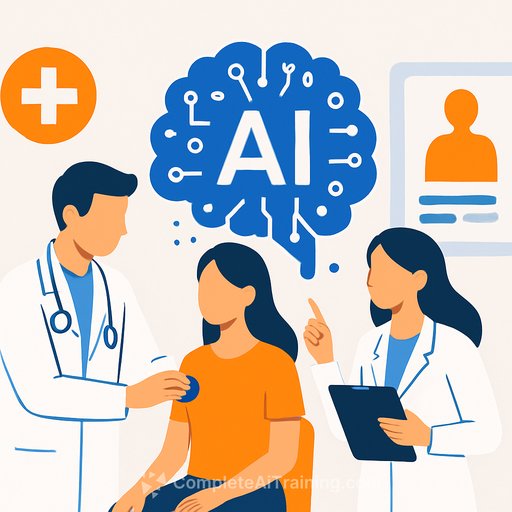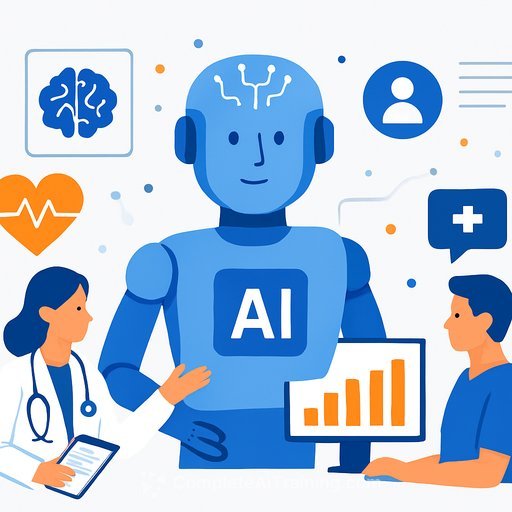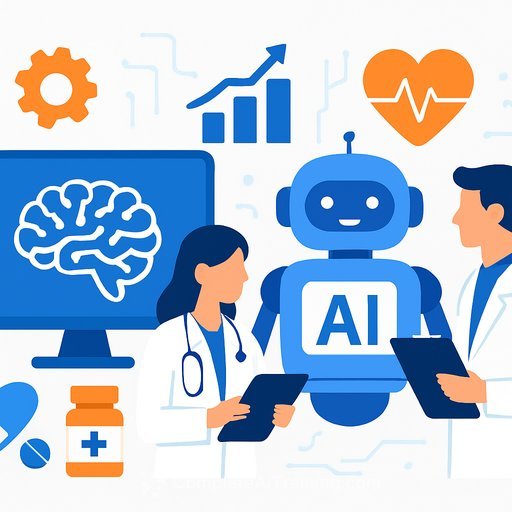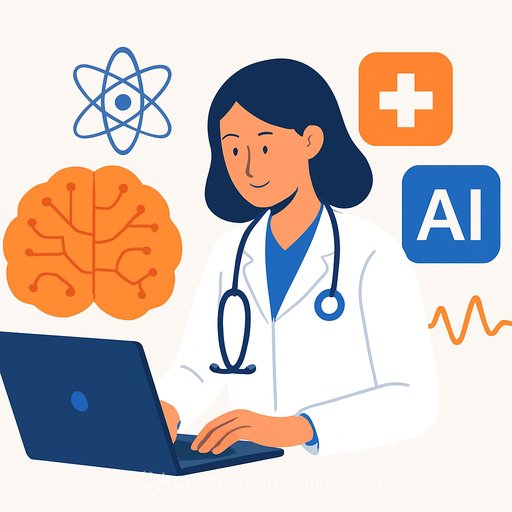Omega Healthcare Boosts AI for Revenue Cycle Management with Microsoft
Omega Healthcare is enhancing its use of agentic and generative AI to improve revenue cycle management (RCM) by deepening its collaboration with Microsoft Azure. The company recently announced the launch of over 20 AI-driven solutions developed through integration with Microsoft Azure AI models and Azure AI Foundry.
These new tools focus on helping healthcare organizations streamline RCM and increase financial performance. By combining its expertise in healthcare and RCM with Microsoft’s large language models, Omega Healthcare aims to automate complex tasks that were previously considered too difficult to handle efficiently.
AI Integration in Revenue Cycle Management
Since partnering with Microsoft in 2023, Omega Healthcare has incorporated Azure’s intelligent automation into its proprietary Omega Digital Platform (ODP). The enhanced AI capabilities work within this framework to automate key processes across the revenue cycle.
Examples of automation include:
- Medical coding through generative and agentic AI
- Clinical documentation improvement
- Denials management and prevention
In addition, Omega Healthcare launched solutions targeting payers, focusing on retrospective coding for Hierarchical Condition Categories (HHCs). The company also introduced AI tools aimed at life sciences sectors.
Agentic AI: The Next Step in RCM Automation
Agentic AI is gaining attention in healthcare RCM for its ability to perform intelligent, autonomous operations. Unlike basic automation, agentic AI can prioritize accounts for receivables, flag incomplete clinical documentation, and enable real-time coding corrections.
Several RCM vendors, including R1 RCM and FinThrive, have invested in agentic AI technologies to automate complex revenue cycle functions. Though still in early adoption, these tools promise significant efficiency gains by reducing manual work and improving accuracy.
Industry Perspective and Future Outlook
According to a recent Everest Group survey, 85% of senior healthcare executives believe AI will boost efficiency in RCM. About half are actively exploring generative AI solutions for their revenue cycle processes.
Microsoft’s General Manager of Worldwide Healthcare highlighted the practical impact of these AI innovations, emphasizing their value across the entire revenue cycle and beyond.
For healthcare management professionals, keeping up with AI advancements in revenue cycle automation is critical. These technologies can reduce administrative burdens and free up resources to focus more on patient care.
To explore AI applications in healthcare and management, Complete AI Training offers targeted courses that can help professionals adopt AI tools effectively.
Your membership also unlocks:

